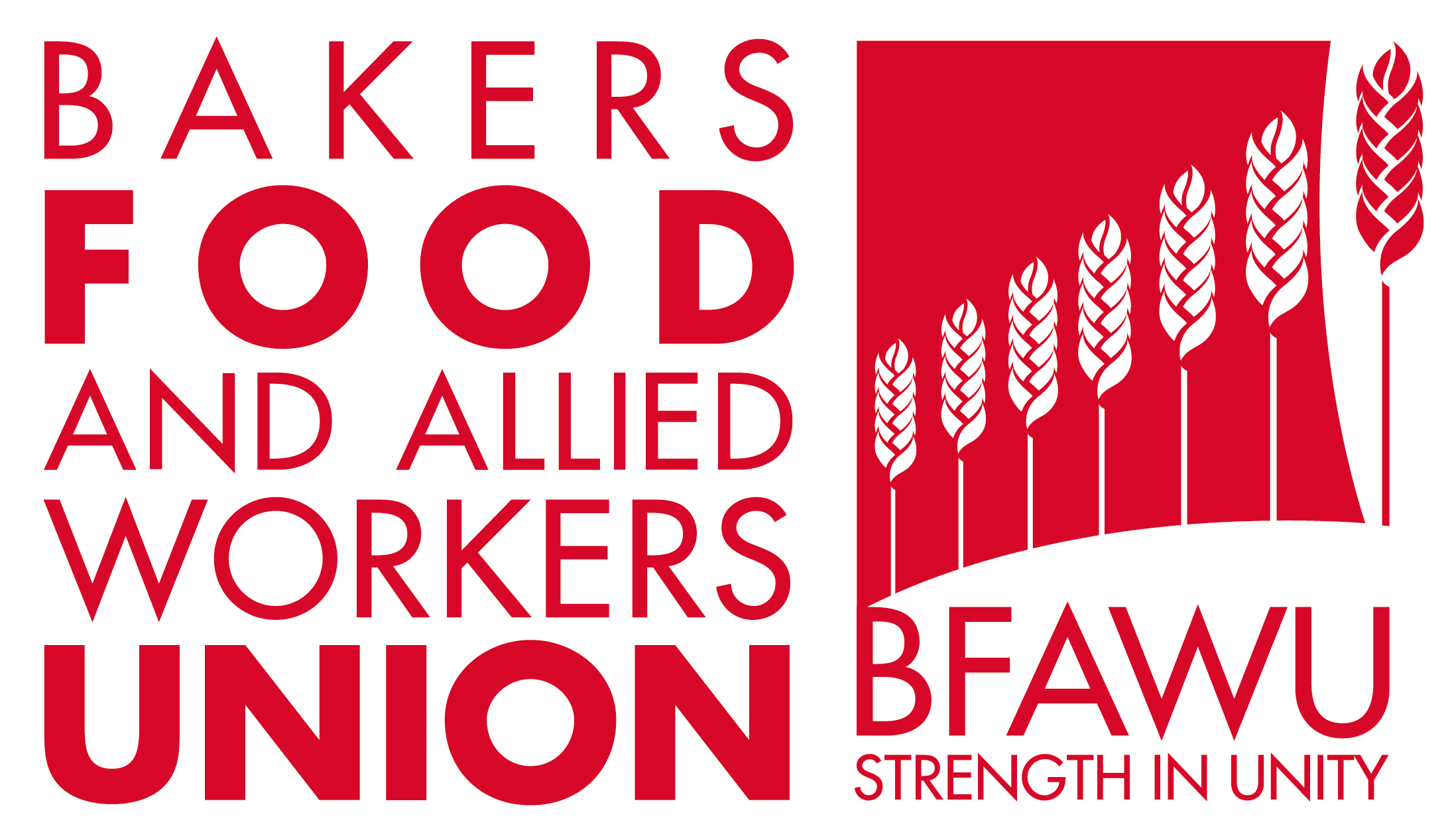
Staff shortages in multiple British airports caused havoc last week as thousands tried to jet off for half-term holidays.
According to data firm CiriumAn estimated 750 flights that were due to leave the UK were cancelled, while 466 return flights were cancelled.
A senior source at London Gatwick, the UK’s second busiest airport, told The Times that it continues to experience a “meltdown every night” due to air traffic control staff shortages.
As airlines continue to cancel large swathes on flights, Heathrow and Stansted baggage handlesrs, check in staff, and ground staff suggest they could strike over pay and conditions this summer.
Featured

Government Food Strategy slammed as “wholly inadequate” by campaigners warning of a “national food emergency”
Featured

MDU warns of a worrying increase in clinical negligence liabilities, which is putting public finances under pressure
Brits continue experiencing the financial and logistical chaos that flight cancellations, delays, etc. can cause. We investigate the root causes and offer suggestions for how to remedy them.
What is causing these issues?
During the UK’s membership of the European Union, it was subject to freedom of movement rules which allowed citizens of any EU member state to live and work in any other member state. This allowed many EU citizens to travel to the UK for work purposes.
The Office for National Statistics (ONS), which released new statistics, shows that EU immigration to the UK has declined as the policy ends. It dropped from 249,000 in 2016 down to 198,000 in 2019.
Non-EU migration, however, has been a problem. surged from 298,000 to 406,000, while net EU migration continued to be positive until the pandemic struck in early 2020.
It is estimated that the post-Brexit points-based immigration system has opened up half of British jobs to foreign workers. Where once employers had to “prove” a British worker could not be recruited in order to approach an overseas applicant, the new system has lowered salary and skill thresholds for immigrant workers while scrapping the former requirement.
Caps on most visa routes have also been removed.
This suggests that post Brexit immigration rules are not the only reason for staffing shortages. Covid, however, will likely be a key factor.
This issue is not limited to the UK. recent Eurocontrol data demonstrating that cross-European flight delays had reached almost 100,000 minutes in the week to 4 June, the House of Commons travel select committee has said that the UK’s traffic light system of travel restrictions was particularly “disproportionate, confusing and damaging” to its aviation sector particular.
Grant Shapps blames the aviation industry for not preparing for a post-pandemic surge by laying off too many employees while Covid restrictions were in effect. He claims that the government did not properly funnel aid to firms for job protections.
Sue Davies is the head of consumer rights Which?, told the BEIS select committee today that the escalation of the issue was down to a lack of compliance with “passenger rights and enforcement of consumer rights.”
She said Which? feel that this has “created a culture within the industry where it’s acceptable to treat consumers so poorly,” referring to examples of people arriving at airports to be faced with multiple delays and cancellations, and being forced to sleep on the floor of terminals.
She stressed that even where “there appear to be quite blatant breaches of the law, it can be very difficult to see how the CAA [Civil Aviation Authority] is investigating.”
Travel journalist Simon Calder’s remarks also seemed to chime with Davies’ telling the committee that while some airlines were dealing with issues more smoothly than others, there were situations where: “something is going very, very badly wrong with the communication process.”
What are the solutions??
Sadiq Khan is the London mayor complains According to Brexit, a relaxation in visa rules for EU citizens could aid recruitment and strengthen the aviation sector ahead of the summer surge.
Over the weekend, Telegraph reported that transport secretary Grant Shapps was discussing plans to roll out temporary work visas to plug gaps in baggage handlers and check-in staffing.
These permits were previously issued to musicians and fruit pickers.
A spokesperson for the department denied that such talks took place.
Chief executive of trade body Airlines UK Tim Alderslade said following government talks: “We want to work collaboratively with ministers to resolve these issues as quickly as possible, in good time for the summer peak.”
Speaking after the same meeting, transport secretary Grant Shapps said that his department has been “crystal clear – run services properly and according to schedule or provide swift, appropriate compensation. We do not want to see a repeat of this over the summer – the first post-COVID-19 summer season – and will be meeting again in the coming weeks to understand the progress that is being made.”
The government can certainly clamp down on airlines that fail communicate with customers in a proper manner, but if strikes occur and recruitment drives fail, there will be a drop-off in travel availability.
Strikes at UK and Spanish airports could cause chaos. Air firms will likely avoid paying raises for striking staff due to stagnant growth and rising inflation.
The sunnier days will mean that travel will pick up in coming weeks. However the busiest period for UK holidaymakers is the final week of July, following the end most school terms. It remains to see if the aviation industry can recover from its series of scandals and chaos.
